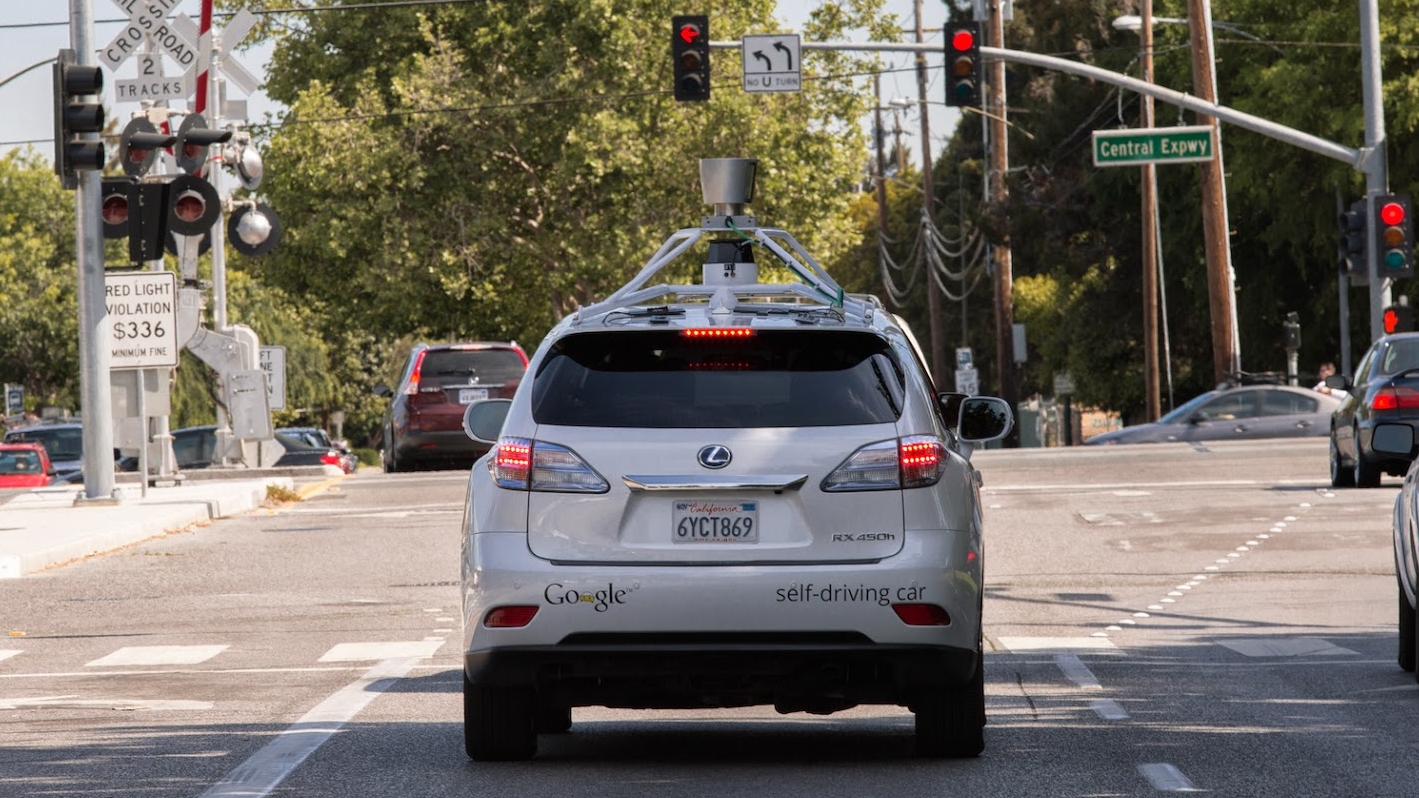Every Google self-driving car accident was caused by human error
Fear thy fellow man, not thy fellow machine

California's Department of Motor Vehicles released statistics recorded over a period of eight months revealing that of the 48 licensed, self-driving cars on public roads, only 4 have wound up in "minor fender benders." Surprised, or not?
The cars in question belong to Google and Delphi, who have a combined amount of 25 (23 belong to Google, two to Delphi) self-driving cars on the road. But don't be so quick to play the blame game. Each company staunchly denies that the fault should be placed on its super-smart autonomous driving technology, but rather, on silly human error.
Official details of the individual accidents are scant for the most part, as California law prohibits disclosing information related to traffic accidents. However, an anonymous source tipped off the AP, stating that two of the wrecked autonomous cars were in "self-driving mode" and that the accidents occurred with each vehicle traveling at "speeds of less than 10 mph."
A source familiar with the incidents also told the Associated Press that "in the other two [accidents], the person who still must be behind the wheel was driving." Delphi confirmed as much when a spokesperson shared that its 2014 Audi SQ5 was being operated by a human when it was broadsided while crossing an intersection. Google, on the other hand, hasn't come clean regarding the details on its autonomous vehicle accidents. But it's not required to.
Google did state to AP, however, that "while safety is paramount some accidents can be expected" as its autonomous cars have accrued "the equivalent of over 15 years of typical human driving" since this past Fall.
Earlier today, Chris Urmson, the director of Google's self-driving program posted an in-depth look at how its autonomous vehicles operate in typical conditions. He offered no insight into the three reported accidents over the last eight months, but was stern on the stance that Google's self-driving cars have never been faulted in an incident.
Despite the murky details surrounding these accidents, these findings reveal that aside from a few human error-related hiccups, the self-driving movement is going rather smoothly so far.
Sign up for breaking news, reviews, opinion, top tech deals, and more.
Source: AP

Cameron is a writer at The Verge, focused on reviews, deals coverage, and news. He wrote for magazines and websites such as The Verge, TechRadar, Practical Photoshop, Polygon, Eater and Al Bawaba.